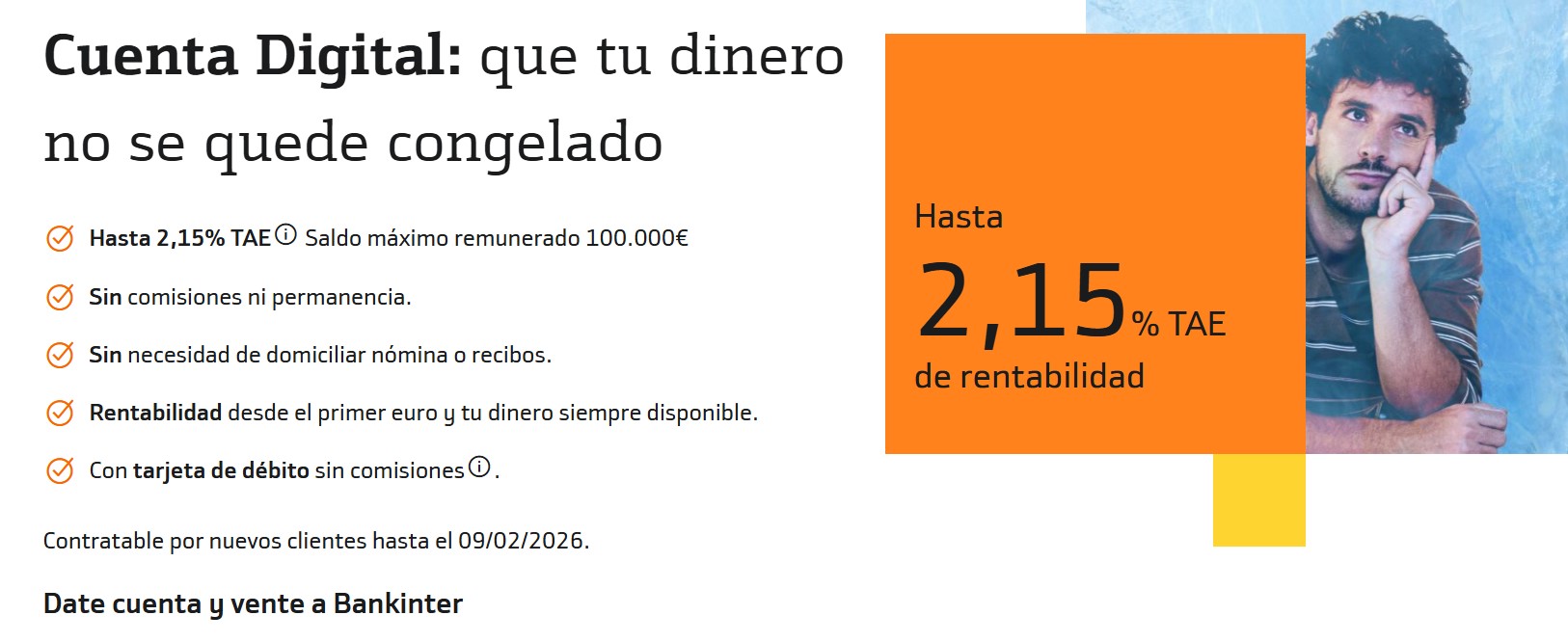
The Esade Alumni Real Estate Club held its 23rd Annual Conference, which was sponsored by Anticipa, on 29th June. Under the tagline “Housing: Accessibility and Public-Private Partnership Programmes”, the event featured academics and professionals who debated the main challenges facing the real estate industry in residential markets.
Jaime-Enrique Hugas (Lic&MBA ‘95), a member of the Executive Board of the Esade Alumni Real Estate Club, highlighted the importance of building an environment that facilitates accessibility to housing. In his welcome remarks, he declared: “We currently have a healthy industry, which in financial terms is nothing like it was 15 years ago. It has very solid balance sheets, it enjoys the confidence of banks and it is opening up to new financing and product models.” And yet, there remains a need to improve access to housing. Hugas then gave the floor to a series of speakers who analysed the advantages and disadvantages of some of the policies applied in different parts of Spain.
Effects of rent control in Catalonia
The first talk of the day was given by José García Montalvo, Professor of Economics at Pompeu Fabra University. Prof. García discussed the effects of rent control in Catalonia, comparing other countries before outlining the situation in Spain. “The problem in Spain has to do with those who have a market-price rent,” he explained. “This is the crux of the matter. Not only is it concentrated in this segment, but it is concentrated in particular cities.” He added: “It is not clear that price controls end up controlling prices.”
In the case of Catalonia, where around 60 municipalities are considered “tense” markets for the application of rent control, there has been a reduction in supply and prices during the pandemic, similar to other places where there is no rent control. “The case of Catalonia has many problems,” he added. “The municipalities are very different.” He also discussed the difficulties in analysing the impact and collateral effects of controls.
The proximity of the COVID-19 outbreak made it difficult to tell whether the changes observed in the rental market were a result of the pandemic or of regulation. With the data currently available, it is simply impossible to assess the impact of the rent controls implemented in Catalonia in October 2020. What is happening in the rental market might be caused by the impact of the pandemic, by the continuation of previous trends or by rent controls.
With the data currently available, it is simply impossible to assess the impact of the rent controls implemented in Catalonia in October 2020
Economic context and forecasts
Josep Oliver, Emeritus Professor of Applied Economics at the Autonomous University of Barcelona, was the next expert to speak at the conference. In a talk entitled “Housing: Economic Context and Forecasts”, he provided an overview of the characteristics of the rental market and presented a proposal for fiscal policy. Prof. Oliver pointed out the low proportion of public subsidies for housing in general and for rental units in particular, as well as the fact that, overall, families who rent their homes skew towards the lower end of the income distribution.
His proposal to improve affordability revolves around “transferring resources to the collective, expanding the social housing fund for vulnerable families and looking at the Irish model, under which major landlords can appeal to local authorities”.
The aim is to tackle the problem of access to housing and rental payments in Spain over the coming years through direct aid to tenants with the lowest incomes and a public-private partnership plan. This partnership should help to reduce prices in the areas with the most problems and improve the tax treatment of homeowners.
Panel discussion
After the presentations by the two professors, a panel of industry experts was moderated by Maria Andreu, Director General of the Association of Rental Property Owners (ASVAL). “Other European cities have opted for public-private partnership models and have been successful,” explained Andreu. “But are these models applicable in Spain? What are we missing?”
Francisco Javier Pérez Medina, CEO of Culmia, responded first, focusing on the agility of Madrid’s “Plan Vive” and the housing that has been made available in less than a year and a half. “To the extent possible, let’s expedite any tenders where there are public-private partnerships, as this is international capital that is going to enter Spain,” he suggested.
Pau Pérez de Acha, Director of Social and Affordable Housing Management and Institutional Relations at SAREB, stressed the importance of social sustainability. “It is not merely a question of housing accessibility,” he said. “We have to set up a programme for vulnerable families and try to establish a framework with social rationality and economic stability.”
Eduard Mendiluce, CEO of Anticipa and Aliseda, then spoke about the importance of promoting public-private partnerships. “The private sector has already had to take on part of the public sector for too long,” he said. “Now it is time to commit to public-private partnerships, so that everyone can be socially co-responsible for their part of the equation.”
Finally, Francisco Javier Martín, Director General of Housing and Land at the Spanish Ministry of Transport, Mobility and Urban Agenda, discussed the privatisation of rental public housing units and the problem it entails. “We are faced with an industry and government bodies that have understood that collaboration is one way to change,” he said. “Both sides are looking for ways to collaborate to achieve this.”
 |

Interview with Eduard Mendiluce (MBA ‘97), Vice President of the Esade Alumni Real Estate Club
What did you think of the most recent conference? Which topics analysed by the speakers stood out to you?
The conference gave us an opportunity to present practical public-private partnership initiatives that could allow us to solve our country’s pressing housing needs.
In your experience, how can we improve housing accessibility?
By increasing housing subsidies for needy groups and expanding public-private partnership programmes.
What challenges does the real estate industry face in the post-COVID-19 era?
The industry urgently needs to increase the supply of free and affordable housing. This will only be achieved through a suitable and stable legal framework. The industry must be seen as a part of the solution and not as a stakeholder that must be managed through excessive and fast-changing regulations.
|




































